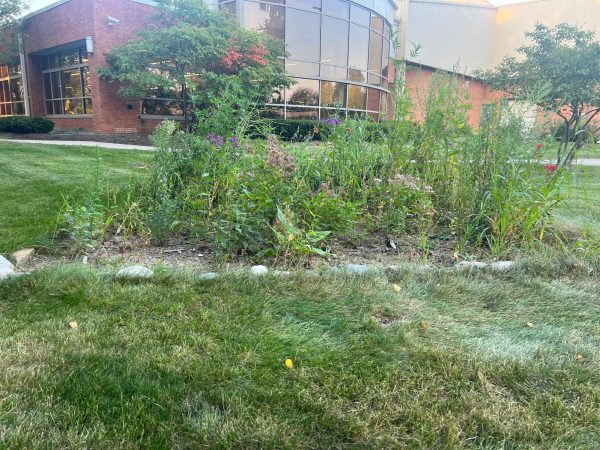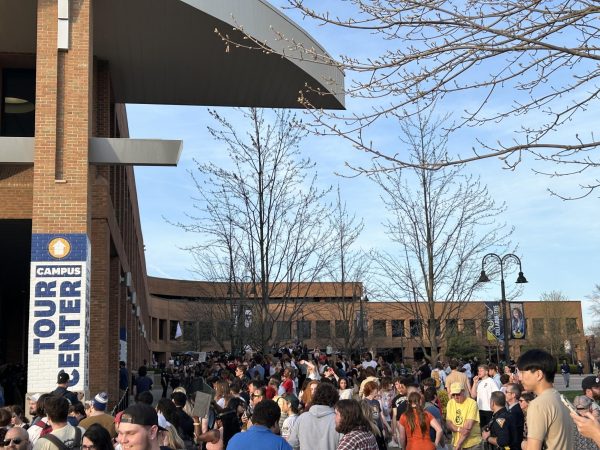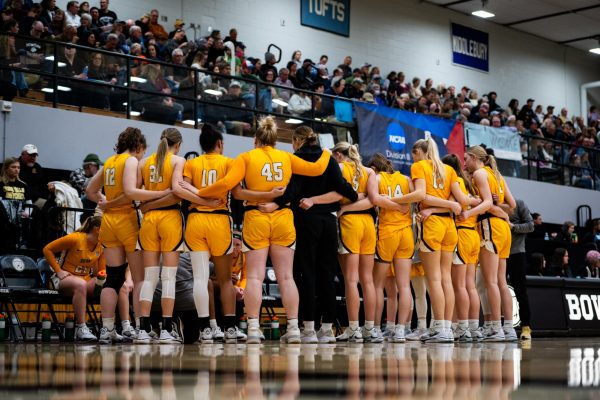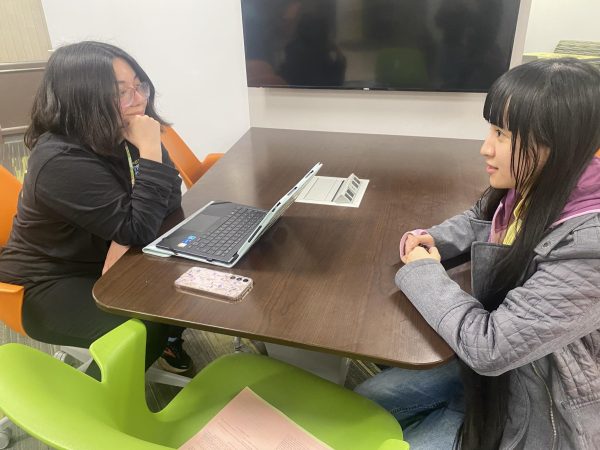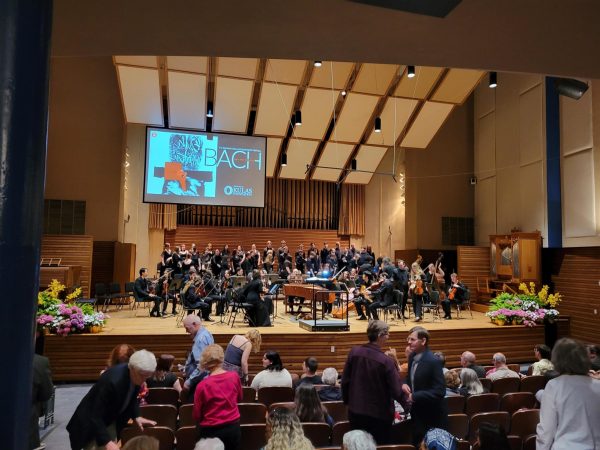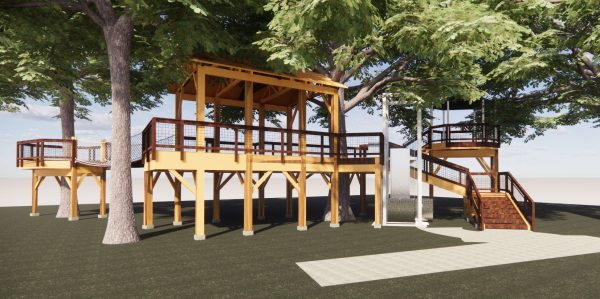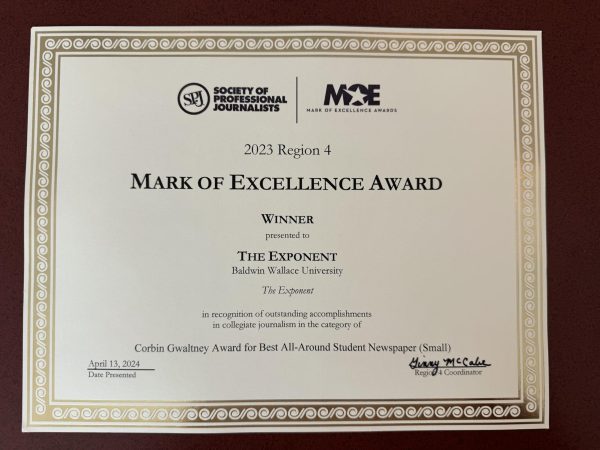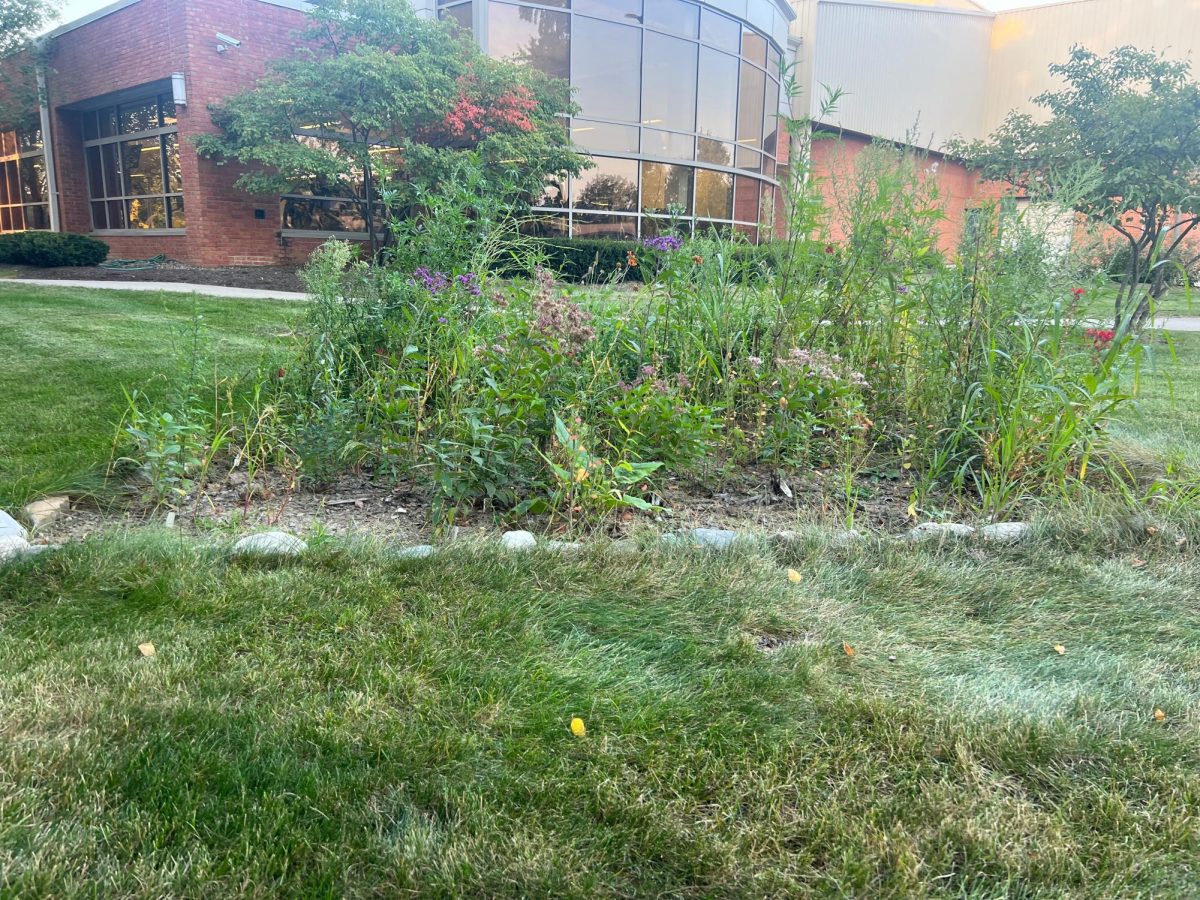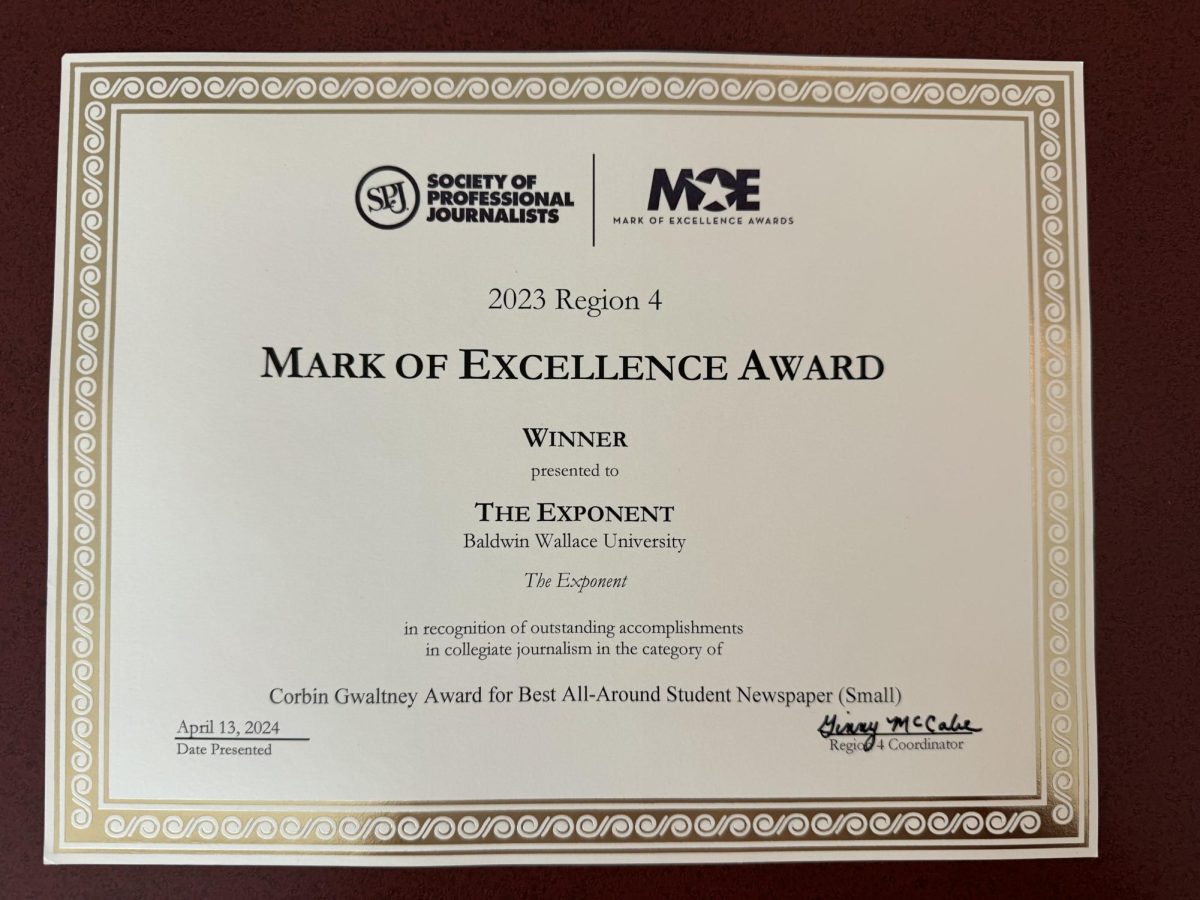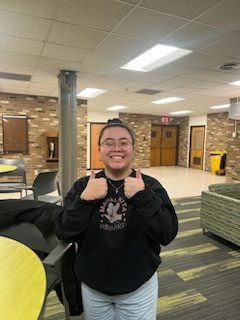Faculty participate in micro-aggression training
Micro-aggression training was held in three parts over the course of three weeks on November 1, 8, and 15. The purpose was to educate staff and faculty on the nature of microagressions and how to handle them in the Baldwin Wallace community. It was facilitated by Charles “C.J.” Harkness, Deb Esty, Melanie Jones, Ericka Walker, and Veronica Drdek.
Essentially, micro-aggressions are small acts and word choices that are used consciously or unconsciously, but are nonetheless offensive.
“We are trying to create an atmosphere where people feel comfortable to have honest learning experiences and conversations how we treat each other on campus,” said Harkness, Director of Diversity Affairs at BW.
The first part of the training laid the introductory foundation for the trainings. The participants went through working definitions and themes of micro-aggressions, drawing from the work of Dr. Derald Wing Sue, a notable author on this topic. The participants also went through some examples of situations involving micro-aggressions.
The second part was focused on discussions of personal experiences. Groups of participants discussed times when they each had been the target of a micro-aggression, when they had been the perpetrator of a micro-aggression, when they witnessed a micro-aggression and intervened, and when they witnessed a micro-aggression but did not intervene.
For the third part, micro-aggressions committed on campus that were named in a survey previously conducted were hung up on the walls. The participants then discussed in groups what they would do to intervene in these situations. Building off of that, they discussed ways to improve the awareness and responses to micro-aggressions on campus.“Conversations about micro-aggressions help us understand, not only the things that we say that are offensive to other people, but they also help us to understand the messages that we send to other people, even when those weren’t the messages we intended,” said Harkness.
“[Micoragression training] would be important to decrease micro-aggressions to help all of us in work environments, and to help student learning in the classroom… It’s a process of constant learning,” said Esty, associate professor.
The participants will be surveyed to determine how to improve the training. Future trainings may be offered in the spring building off of the survey results.
The Exponent is looking for financial contributions to support our staff and our newsroom in producing high-quality, well-reported and accurate journalism. Thank you for taking the time to consider supporting our student journalists.


